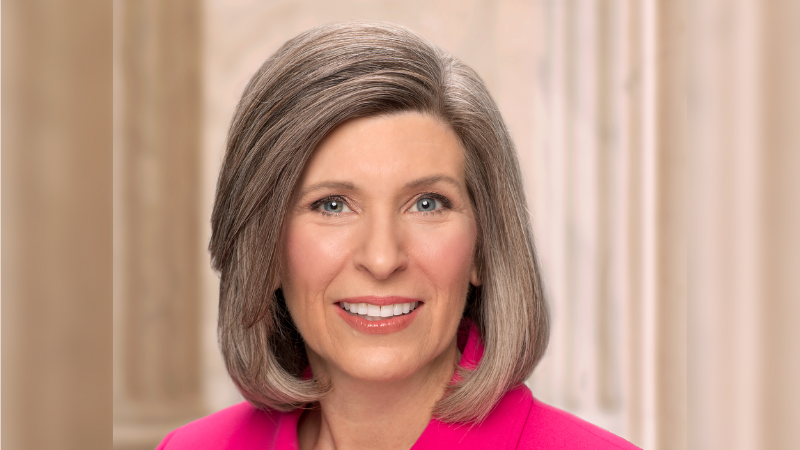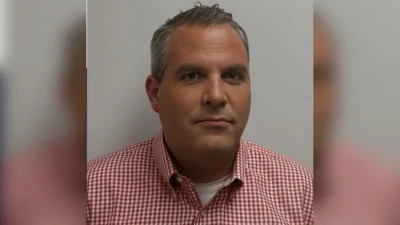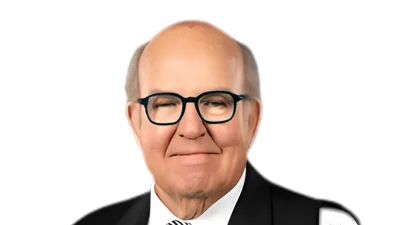Joni Ernst | Joni Ernst Official Webste
Joni Ernst | Joni Ernst Official Webste
Q: Why do you embrace social media as a federal lawmaker?
A: When pioneering platforms emerged on the online social networking space two decades ago, I was among the first lawmakers to adopt social media as a tool for direct dialogue. Using an unfiltered communications pipeline via the internet gave me another way to communicate with Iowans. Dialogue is the essence of representative government and social media is another avenue to be as transparent and accessible as possible, and to let Iowans know about my work on their behalf. Although social media allows me to reach hundreds of thousands of followers in a single tweet, it doesn’t displace the face-to-face meetings I have with Iowans during my annual 99 county meetings. For the 43rd year in a row, I’m holding meetings in every corner of the state to hear directly from Iowans. For updates on my #99countymeetings and much more, follow me on Twitter, Facebook, Instagram, YouTube and Medium. Since my first tweet in 2007, I’ve adapted my own unique shorthand to share my views on current events, public policy, daily life and issues that come up at my county meetings. I also created a farming series to educate people about where food comes from before it appears on the grocery store shelf. Only two percent of Americans earns a living off the land to feed and fuel the world. Considering the lion’s share of American society has never set foot on a farm, I use social media to highlight the work and way of life on a family farm to foster a better appreciation for how food gets from the farm to the fork. My series #cornwatch and #soybeanwatch provides regular updates on crop farming and conservation in America’s heartland from the Grassley family farm in New Hartford, Iowa. From planting the seeds to harvesting the crop, I’m continuing this series again in 2023. Across Iowa most of the crop acres is experiencing drought stress that will impact yields without sufficient rainfall to boost soil moisture. Through social media, I’m able to show how growing conditions impact the agriculture economy and consumer prices. Another series I created to improve civic engagement and appreciation for history is #realhistorychannel. Using this hashtag, I share bits of history, art, sports and politics, such as the significance of the cherry blossom trees in Washington, D.C. and profile Iowans, such as Norman Borlaug and the five Sullivan brothers who shaped the course of history.
Q: How are you working to improve social media?
A: The rise in social media use has shaped how Americans digest news, politics, sports, entertainment, commerce and more. It’s arguably displaced the office watercooler as an online hub for Americans to share personal updates and discuss news of the day. Younger generations use social media in nearly every facet of daily life. Big Tech platforms have become online marketplaces on which influencers monetize their followers to promote goods and services. While a lot of good comes from social media to bring friends and family together across zip codes and time zones, it’s important to recognize the negative impacts, especially on younger generations. Parents, policymakers, health care professionals and technology leaders must take seriously the advisory issued in May by the U.S. Surgeon General to ensure social media environments are healthy and safe for younger Americans. From my leadership position in the U.S. Senate, I work to root out the nefarious criminal element that preys on young people online for human, sex and drug trafficking and put a stop to the financial exploitation of seniors and abusive treatment of nursing home residents on social media. I’m working to hold Big Tech accountable and uphold constitutional guardrails to protect privacy and free speech. I’ll keep pushing to curb censorship and stop efforts to chill free speech on social media. Be mindful the Chinese communist regime owns the digital keys to the personal information of Americans who use TikTok. Without a doubt, TikTok is a risk to U.S. national security. Anyone with TikTok on their personal devices needs to understand the Chinese Communist Party has access to your keystrokes, searches and data. In addition to China, I’ve got my eye on Big Tech and Big Government here in the United States. I pushed the Biden administration to pull the plug on its so-called Disinformation Governance Board that would have undermined the constitutional rights of Americans. When Congress enacted the Communications Decency Act, it included liability protections to help the start-up tech industry get up and running. Nearly three decades later, Big Tech is too big for its own britches. That’s why I support reforms to Section 230 and bipartisan anti-trust legislation with Sen. Klobuchar to strengthen competition in the digital economy. Boosting competition among social media giants and titans of technology is a roadmap for improving content, cutting costs, stopping censorship and juicing innovation.
Original source can be found here.




 Alerts Sign-up
Alerts Sign-up